Byzantium didn’t fall in a day: Thoughts on the end of empires.
Lacking a dramatic moment like a battle or siege, as occurred on May 29, 1453, how do you know when an empire is really falling?
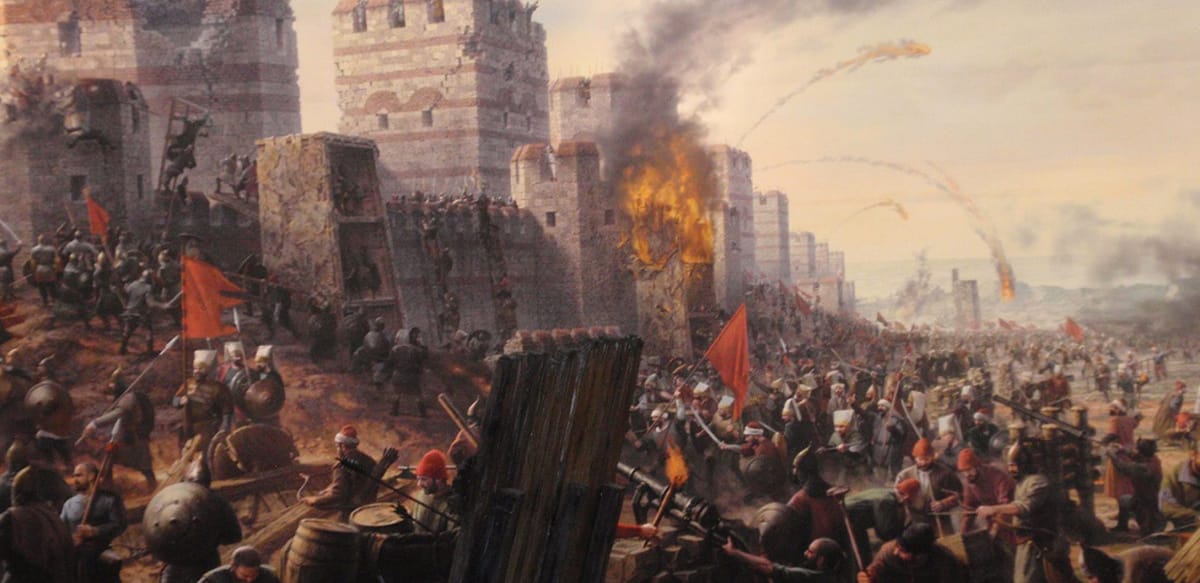
Five hundred and seventy-one years ago today, on May 29, 1453, the Byzantine capital Constantinople was conquered by the Ottoman Turks, bringing to an end the 1,123-year history of the Eastern Roman Empire. Given my interest in Byzantium, this event, and this date, are particularly significant to me. I teach premodern (basically medieval) history to middle schoolers, and unlike most history teachers I don’t demand that they know a lot of dates, but 1453 is the one I insist that they learn. It’s not just the fall of Byzantium, which was hugely pivotal in history in its own right, but the time that it happened was very significant. At that same time, the early 1450s in Germany, Johannes Gutenberg was starting to develop the printing press, and the Renaissance was germinating in Italy. Christopher Columbus was two years old in 1453. So much of our modern world got its start in this narrow window of time – and so much of the ancient world was rapidly passing away.
While this article is a commemoration of sorts of the momentous events in Constantinople, I thought I would also talk about the fall of empires in general, since they seem to be such pivotal moments in history as we usually conceive it. This goes beyond what I’ve noticed is a strange sort of historical nationalism surrounding the fall of Constantinople. People who are devoted to the concept of Byzantium (often they reject that very term to describe it) for religious or (more often) Greek nationalistic reasons sometimes talk wistfully of “taking back” the city, meaning from Muslims, as if that is a conceivable possibility in any known permutation of geopolitical reality. On the other side, Turkish nationalists, who are typically abusive insufferable bullies, particularly online, commemorate the Ottoman conquest as perhaps the shining moment of their history, which to them proves Turks are superior to anyone else but especially Greeks. I find both of these interpretations annoying and tiresome, not to mention ahistorical. Greek nationalism was not a thing before the 1820s revolt of Greece against the Ottoman Empire, the war that Lord Byron participated in. Turkish nationalism is largely a 20th century innovation, particularly since 1923. Neither has much to do with what really happened in Constantinople on that day.
To be honest, by 1453 there wasn’t much left of the Byzantine Empire to conquer. Constantinople and a few tiny provinces such as the Morea were all that hadn’t already been absorbed by other empires, mainly the Turks. Many Byzantinists date the real “fall” of the Empire to 1204, when Constantinople was conquered by European armies of the Fourth Crusade – fellow Christians. After spending 57 years under the rule of the Latins, Constantinople was returned to Byzantine rule in 1261, but what remained of the empire was impoverished and barely a shadow of the glory that had existed before 1204. Thus in a sense Byzantium’s fall took over 200 years. The dramatic moment when the armies of Mehmet II breached the gates and raised their flags was an undeniable ending, and it’s natural that we historians gravitate toward it. But clearly there’s more to it than that.
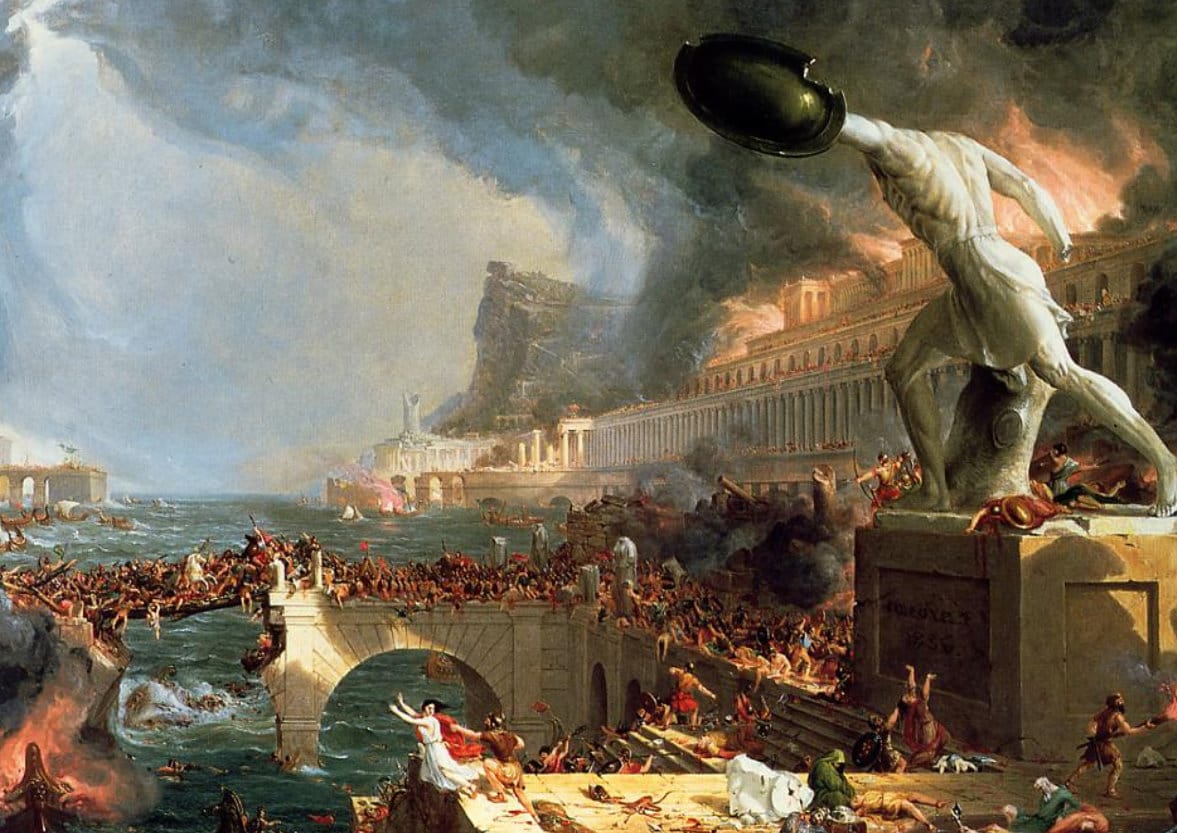
Byzantium was the continuation of the Roman Empire, and before the term “Byzantium” was coined anachronistically it was usually known as the Eastern Roman Empire. The Western Empire “fell” too, as many people know, in September 476. However, this framing too is misleading. Rome was not sacked militarily in 476 by the Visigoths or anyone else. It was sacked earlier, in 410 and 455, but at the end of the day on September 4, 476 if you stopped a person on the streets of Rome and asked them what they think about their empire “falling,” they’d have no idea what you were talking about. The “end” of the Western empire was a relatively quiet and uneventful transfer of power. And yet there were still Western Emperors of Rome well into the 6th century. So our whole sense of the “fall” of the Western Roman Empire is as reductive as our sense that Byzantium “fell” on May 29, 1453. How many centuries before 476 did the fall of Rome begin? No one knows, and it’s a question that will be debated until the end of human history.
Let’s take a more recent example: when did the British Empire fall? Enemy armies never sacked or burned London – Hitler couldn’t even bring himself to give it a serious try – and the Union Jack continues to flutter over tiny little bits of territory scattered over vast oceans. Yes, the Brits still own Pitcairn Island and they fought a bizarre conflict in 1982 to hang on to the Falklands, but no one could seriously maintain that Britain has an “Empire” today the way it did in, say, 1875, or even 1935. So when did the British Empire fall? Was it the end of World War II? When India got its independence in 1947? When Hong Kong reverted to China in 1997? Some historians, looking for a dramatic moment to say when the sun set on the British Empire, point not to a defeat, but a victory: the Battle of El-Alamein in Egypt in November 1942. Can an empire fall with a victory rather than a defeat? Indeed, how do you know when an empire is really falling? How do you distinguish one that’s just a little down on its luck, as perhaps Byzantium was in the 7th century, from one that’s really “falling”? These are hard questions.
Finally, that brings us to modern conditions. Many historians will probably classify the United States, especially after 1945, as being an American empire. We have military bases all over the world, unmatched economic power and a global importance – for good or for ill – unmatched by any other nation, though recent disasters in Iraq and Afghanistan have proven that military power is not all it’s cracked up to be. Politicians, especially those who want to hark back to mostly-nonexistent delusions of “traditional values,” sometimes warn that America is or will soon become “a second-rate power,” which is a euphemistic way of saying that the American empire is falling without admitting that the United States is an empire. Yet it’s not very likely that Washington, D.C. will be sacked by an enemy the way Constantinople was, so the end of our empire may be similar to the British, lacking a defining moment. When and how did our empire fall? Was it Vietnam? Watergate? The first Gulf War? September 11? Iraq? The insurrection of January 6, 2021? These questions may prove as puzzling to future historians as the riddles of when, how and why past empires fell.
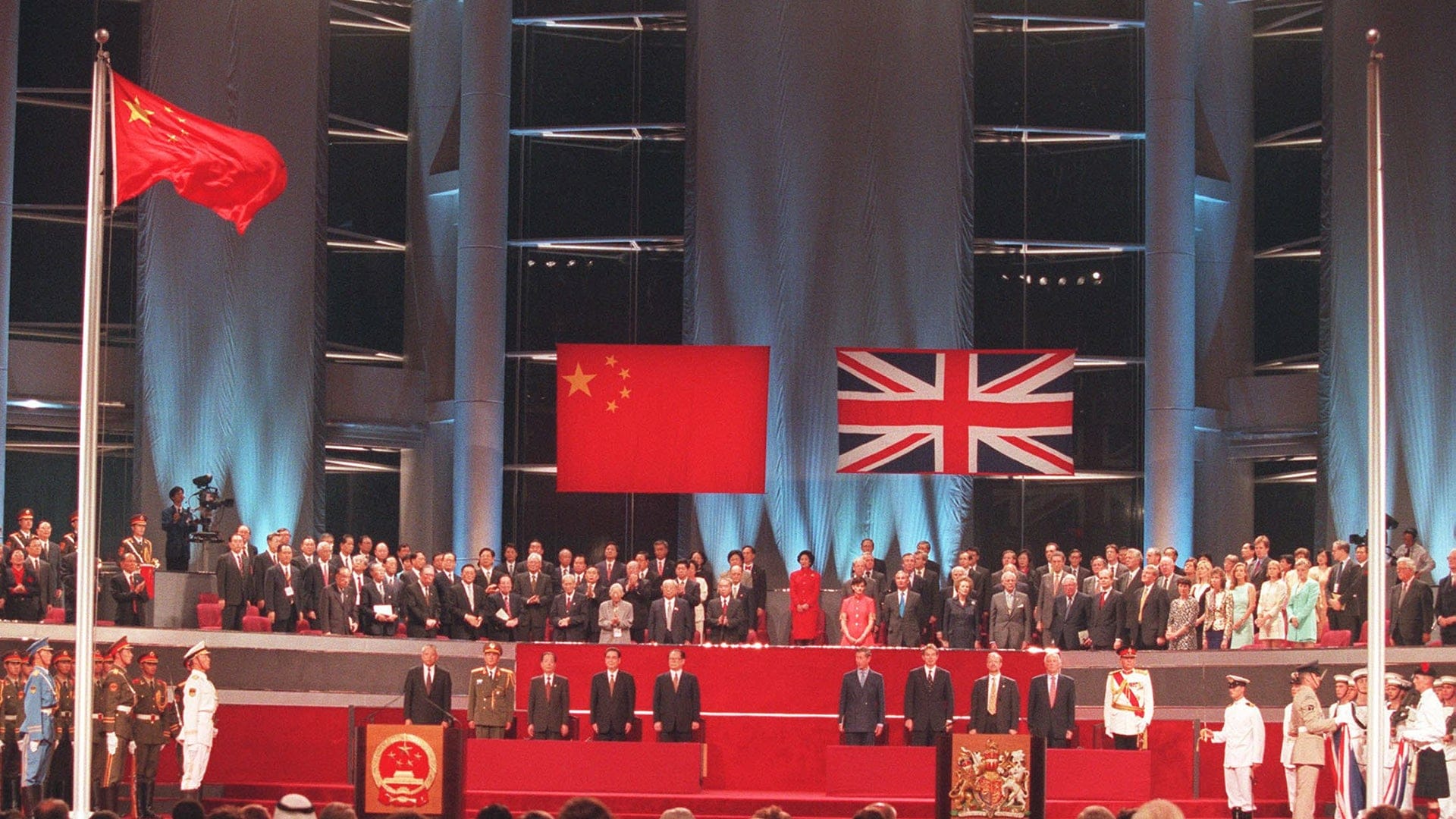
Or – now here’s a thought – maybe we need, if not to abandon, perhaps to pull back from our propensity to see history in terms of rises and falls, empires and nations. I have a hard time with this concept myself; as a historian trained in more or less traditional methods, I’m drawn to a dramatic fall-of-empire moment in history as a departure point to tell a story about the past, which I’ve done often enough in my work. Consequential though it was to history, for almost every person on Earth life on May 30, 1453 was exactly the same as it was the day before. Only a tiny sliver of humanity perceived the shift. For everyone else, they had to get up with the dawn, plow the fields, till the crops, raise their kids and carry on with their lives. Societies are defined by many things, from religion to language to customs and shared perceptions. Loyalties to rulers or governments are only a small part of how human history works. Empires are thrilling and powerful to contemplate, but in the scheme of things they may be more the glittering toys of historians than real shifts in the affairs of humanity. With all due respect to those who gave their lives for their empire 571 years ago, let’s try to keep a broader perspective too.
The Value Proposition
Why should you be reading this blog, or receiving it as a newsletter? This is why.
☕ If you appreciate what I do, buy me a virtual coffee from time-to-time to support my work. I know it seems small, but it truly helps.
📖 You could also buy my newest book.
🎓 Like learning? Find out what courses I’m currently offering at my website.
📽 More the visual type? Here is my YouTube channel with tons of free history videos.

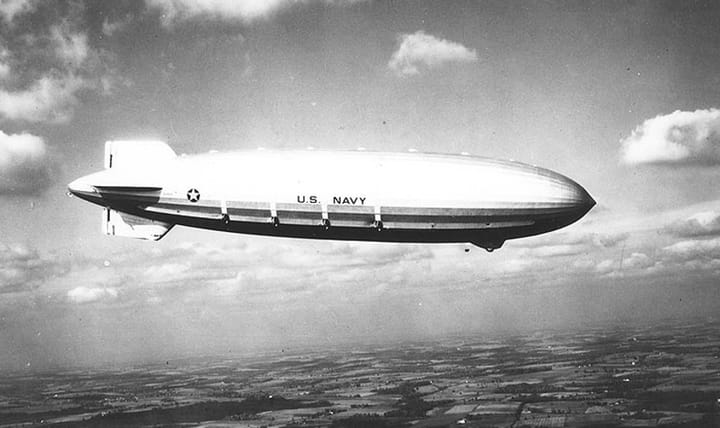
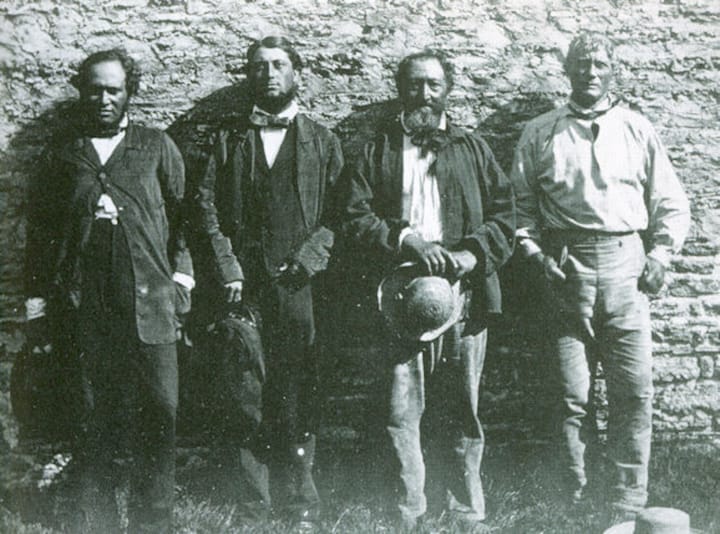
Comments ()